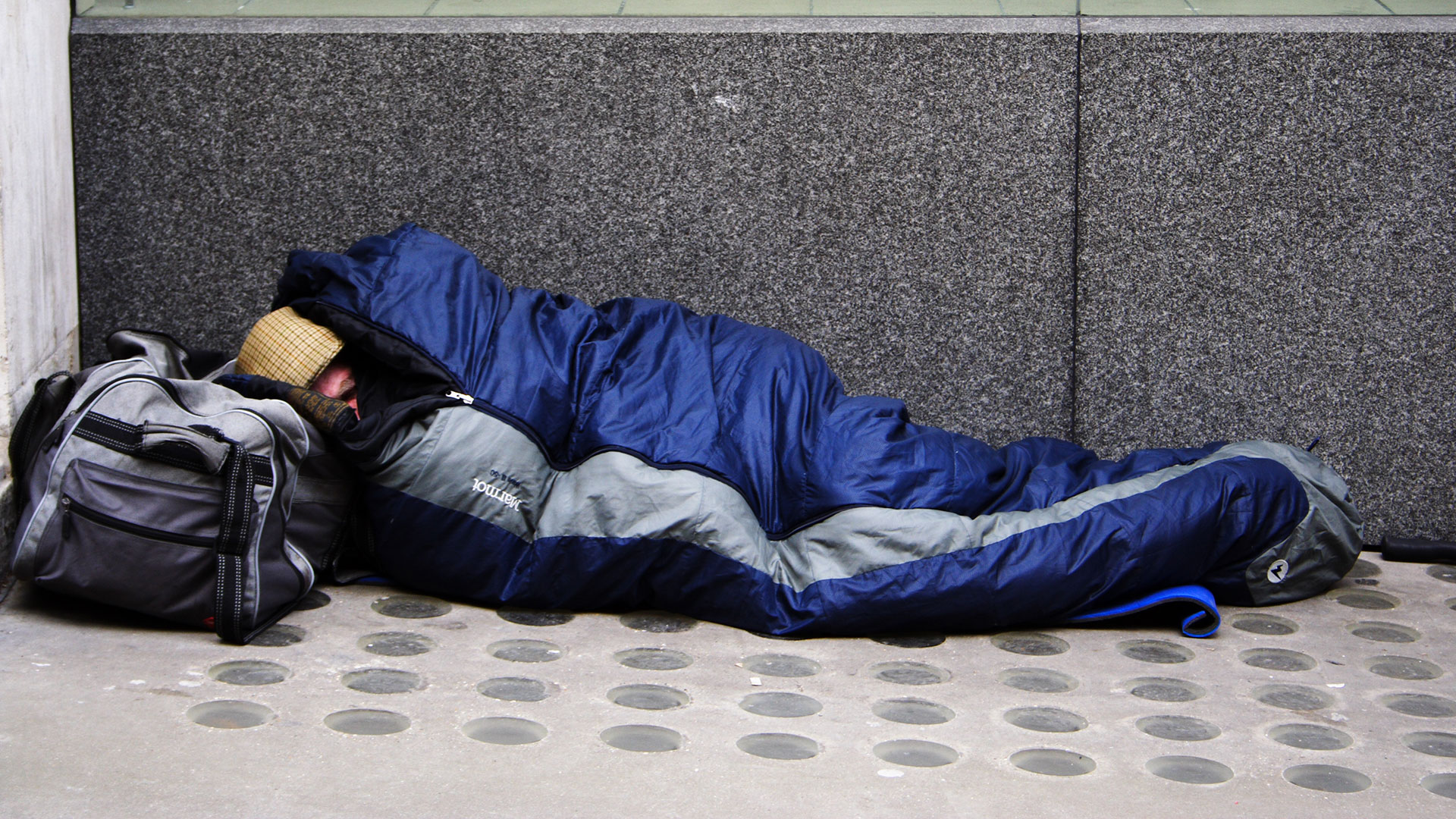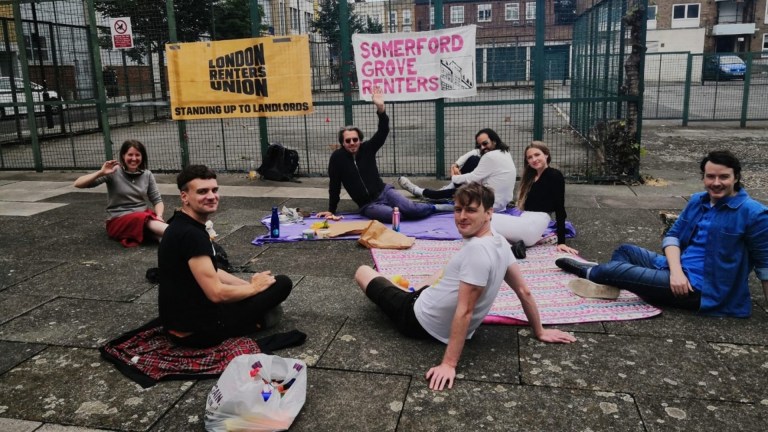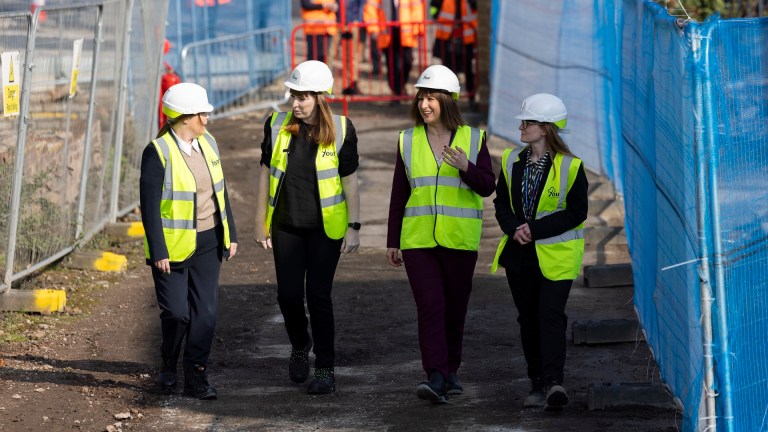He added: “The human cost of these cuts is all too real. The people we work with – many struggling with poor mental health, substance use or domestic violence – are often being left with no option but to sleep rough. With nearly 600 people dying on our streets or while homeless in a year, this really is a matter of life and death.
“The government must use this year’s Spending Review to put the money back and to turn the tide of rising homelessness. It can only do this by committing to a programme of guaranteed, long-term funding, so that everyone can find and keep a home for good.”
Single people are the most likely to end up sleeping rough as housing priority goes to people with children, leaving many without accommodation or help to cope with problems like mental illness, addiction and domestic abuse.
There was a 30 per cent decrease in the number of bed spaces available for single homeless people, including hostels, between 2008 and 2017 – plummeting from 50,000 to 35,000.
Rick Henderson, chief executive of Homeless Link, said: “Guaranteed and long-term funding for councils to prevent and resolve homelessness would be a game-changer. It would allow for focused, joined-up, strategic commissioning of services that truly work.
“This, alongside building more genuinely affordable homes and creating a robust welfare system that adequately supports people and stops them from being locked in poverty, should be an essential part of their plan to end rough sleeping. It’s only right that people have a place to call home and the support they need to keep it.”
Until 2009, the government-funded Supporting People programme protected funding for people struggling to live independently, helping them avoid and escape homelessness.
The end of this funding was “felt acutely” by homelessness services and local authorities, the charities said.
Minister for housing and homelessness Heather Wheeler MP said: “No-one should ever be without a home and the government is committed to preventing and reducing all forms of homelessness, backed by £1.2 billion of funding so far. We have also implemented the Homelessness Reduction Act, which helps more people get the support they need, and at an earlier stage.”
(Think tank New Local Government Network found that two thirds of councils believe that Homelessness Reduction Act funds fall short – and that figure rises to 86 per cent for London boroughs. The number of people presenting to authorities as homeless has also increased for eight out of 10 councils since the act came in.)
Wheeler also pointed to the government’s £100m Rough Sleeping Strategy, launched last year and promised to deliver 2,600 extra beds and 750 more support staff.










